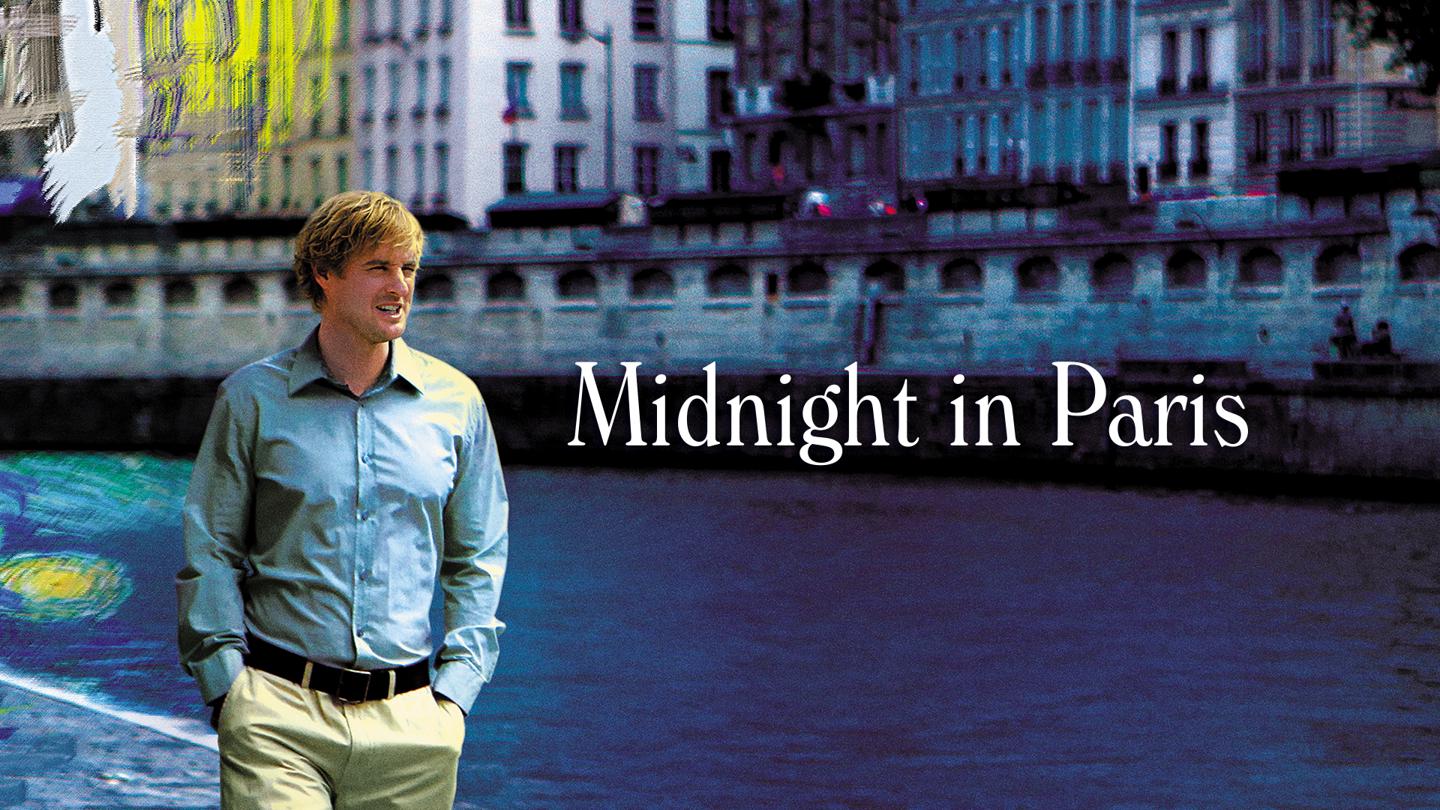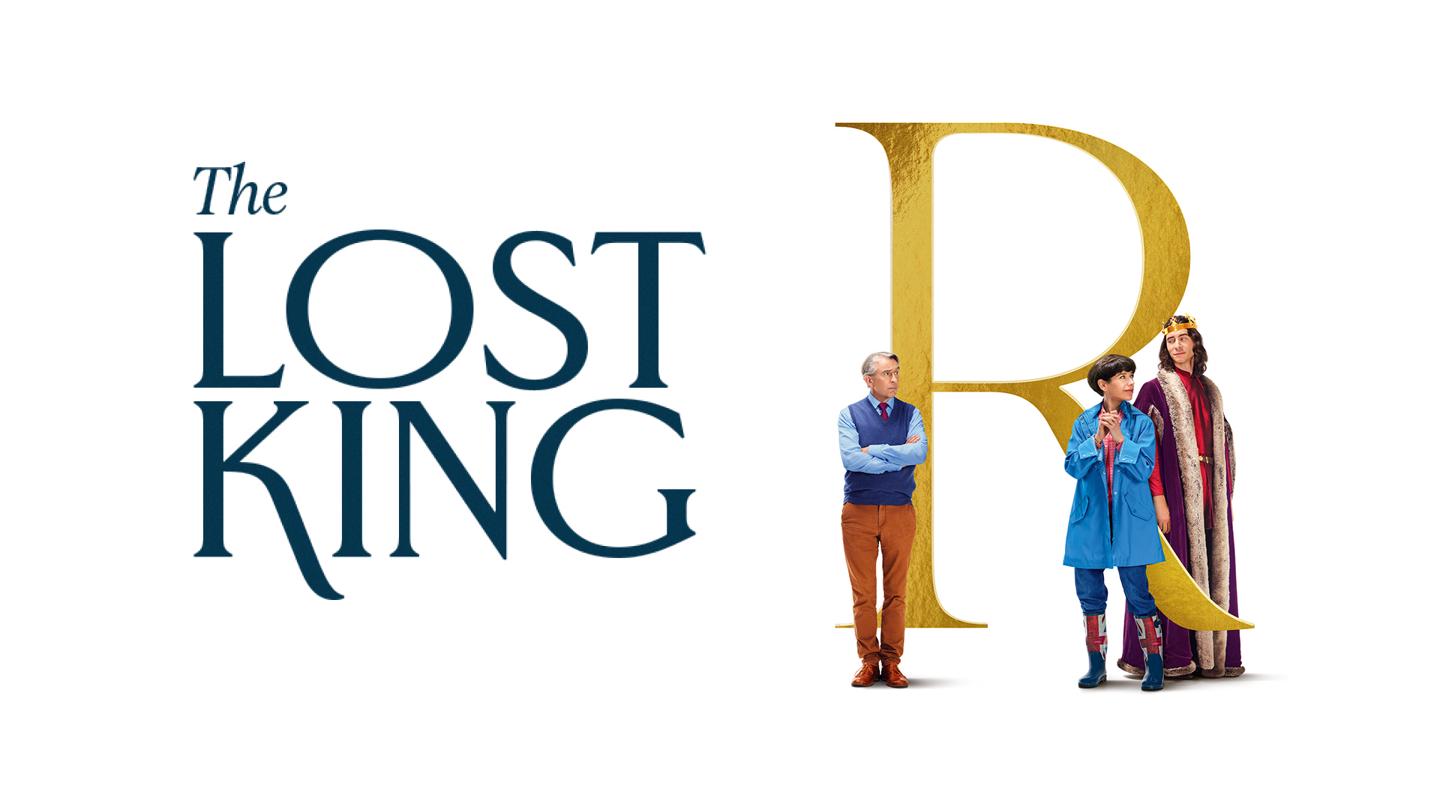
Quick Info
Midnight in Paris is one of those history-tinged films that can charm you even if you’re a little skeptical of Woody Allen’s oh-so-literary sensibilities. The setup is easy to love: Owen Wilson’s Gil, a wistful Hollywood screenwriter with a thing for the past, wanders the City of Lights and accidentally stumbles into the Roaring Twenties every night at midnight. From there, it's an absolute who’s-who of the Lost Generation. If you’ve ever found yourself daydreaming about having a drink with Hemingway or trading quips with Gertrude Stein, this film might as well have been made for you.
What immediately stands out is the tone, which feels like a hazy, enchanted love letter to nostalgia itself. Allen leans on whimsical, golden-hour cinematography that makes Paris gleam as if she’s been waxed and buffed for a perfume ad. The historical fantasy is dreamy, sometimes almost syrupy, but it fits the story because it's so rooted in Gil’s gee-whiz, outsider perspective. The film doesn’t get bogged down in heaviness or historical detail. Instead, it floats along with a vibe that’s equal parts touristy wish fulfillment and smart-aleck culture quiz.
The cast is honestly stacked. Core trio Owen Wilson, Rachel McAdams, and Marion Cotillard play off each other well, but the real fun is in the cameos. Corey Stoll hammers out the most sumptuously over-the-top Ernest Hemingway imaginable — all big declarations and clenched-jaw bravado. Tom Hiddleston and Alison Pill as F. Scott and Zelda Fitzgerald are both warm and tragic, hitting the right notes of charm and chaos. Kathy Bates does maybe the best Gertrude Stein anyone’s managed to pull off onscreen. It’s absurd how many heavy hitters appear, and none of them feel wasted.
Wilson himself is surprisingly perfect for the role. He’s always had that slightly-off, open-faced appeal, and here it reads as genuine wonderment rather than smug quirkiness. Watching him geek out around intellectual giants somehow never feels grating. Rachel McAdams gets less to work with. Her character is basically anti-nostalgia, there for Gil to bounce his mooniness against, but she keeps it from being unbearably shrill.
Where the movie fumbles is actually in its own breeziness. Sometimes it wants so badly to be clever about the nature of nostalgia and the myth of a golden age that it forgets to give its present-day story any emotional heft. Gil’s relationship drama feels barely sketched, and his engagement with his fiancée never gets beyond surface-level sitcom tension. The movie is more invested in its parade of historical figures than its supposed central conflict. Every time he’s back in the present, you catch yourself waiting impatiently for midnight to roll around again.
One thing I appreciated, especially on rewatch, is that the film isn’t totally fawning about the past. There’s a nice current of self-mockery — the movie pokes gentle fun at the idea of escapism and the universal feeling that any time but now is more interesting, more real. I liked how the characters Gil meets in the twenties are themselves hung up on nostalgia for earlier eras. It’s clever without smacking you over the head.
Visually, I won’t lie, it’s Paris at its most Instagrammed. There’s not a single rainy alley or garbage truck in sight. For a story that spends so much time critiquing rose-tinted glasses, the sheer prettiness sometimes feels ironic. Still, Darius Khondji’s cinematography makes the city pop in a way that’s hard to resist. The movie is basically a series of postcards. If you’ve ever felt the urge to book a flight after watching something, this is your trigger.
What you get with Midnight in Paris is not a deep dive into historical trauma or heavy drama. Instead, it’s a sparkling, self-aware fantasy for anyone who’s ever swooned over a paperback copy of The Sun Also Rises. The writing can be a touch too smug at times, especially if you’re not vibing with Allen’s whole thing, but it moves fast and never lingers too long. By the end, you come away with a warm, airy feeling, paired with just a little bit of existential side-eye at your own nostalgia habits.
The R8 Take
If you’ve ever sat in a café wishing you could time travel with the cool kids, this movie is a treat. It’s frothy and a little self-indulgent, but it’s smarter and slyer than it looks — perfect for a rainy afternoon or lazy weekend.

